US Interview Waiver Policy to Change on 2 September 2025, Affecting H-1B and F-1 Visa Holders
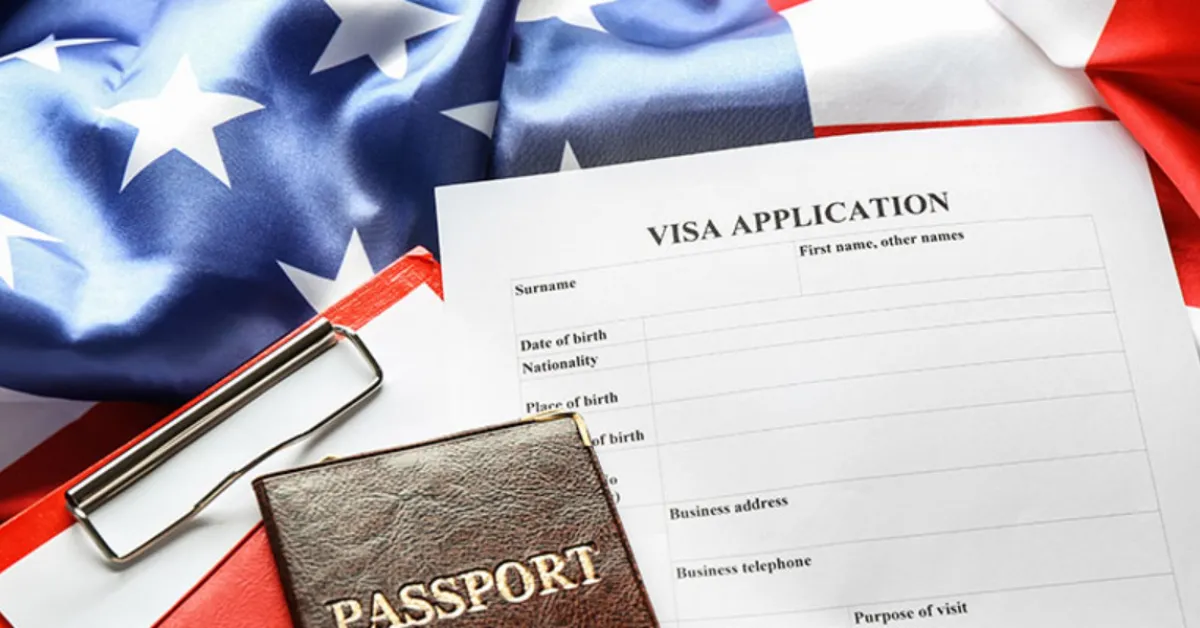
The United States is set to implement stricter criteria for nonimmigrant visa interview waivers, effective 2 September 2025, potentially affecting a broad range of travellers, especially those seeking to renew H-1B and F-1 visas.
The policy shift, announced by the Department of State, supersedes guidelines issued on 18 February 2025 and introduces more stringent eligibility requirements.
Under the revised framework, the interview waiver option for B-1, B-2, or combined B1/B2 visitor visas is significantly narrowed. Applicants are eligible only if they are renewing a full-validity visa or Border Crossing Card/Foil (specifically for Mexican nationals) that expired within the previous 12 months.
Crucially, applicants must have been at least 18 years old when the original visa was issued, apply from their country of nationality or residence, have no record of prior visa refusal (unless formally overcome or waived), and present no apparent or potential grounds for visa ineligibility. This represents a notable departure from the previous policy, which granted interview waivers to applicants whose prior visa in the same category expired less than a year before the new application, regardless of the visa type.
The rescission of this provision means that individuals holding employment-based (H-1B) and student (F-1) visas will no longer automatically qualify for interview exemptions, even with recently expired visas. Certain categories of applicants will continue to be exempt from the interview requirement. These include diplomatic and official visa applicants, along with those classified under specific visa categories such as A-1, A-2, C-3 (excluding personal staff), G-series, and NATO designations. Children under the age of 14 and adults over 79 are generally exempt from in-person interviews, though consular officers retain the discretion to mandate interviews on a case-by-case basis.
The Department of State has not explicitly stated the rationale behind this policy change. However, the tightening of waiver eligibility is widely interpreted as a broader recalibration of US visa policy, aimed at enhancing security protocols and ensuring more rigorous applicant vetting. This shift may also be a response to evolving geopolitical considerations and heightened scrutiny of visa issuance procedures.
Applicants should also note that interview waiver processing times apply only to locations where individuals are required to submit their passports and supporting documents to a US embassy or consulate. These estimates do not account for the time required for visa adjudication or document mailing, which can vary substantially.
For individuals facing urgent and unforeseen circumstances, such as medical emergencies or impending academic start dates, expedited interview appointments may be available. However, requests for expedited processing must adhere to a specific protocol. Applicants must first complete the DS-160 form, pay the visa fee, and schedule the earliest available interview before submitting a formal request for expedited consideration.
It is important to note that travel for weddings, tourism, or professional events does not qualify as valid grounds for expedited processing. As the implementation date approaches, prospective travellers are strongly advised to carefully review the updated guidelines and prepare for the possibility of in-person interviews, even if they previously qualified for waivers.

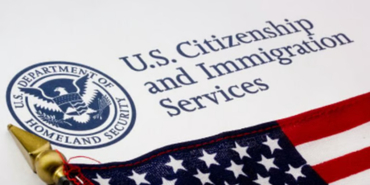
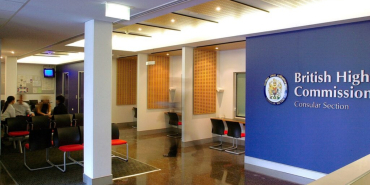
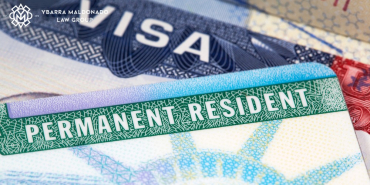

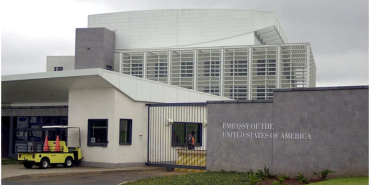

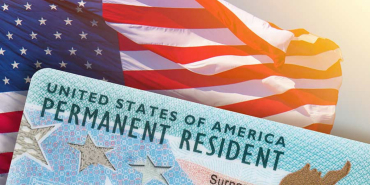

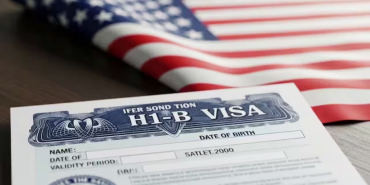


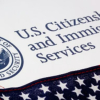

Add new comment